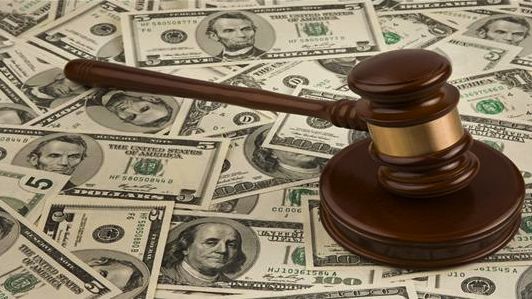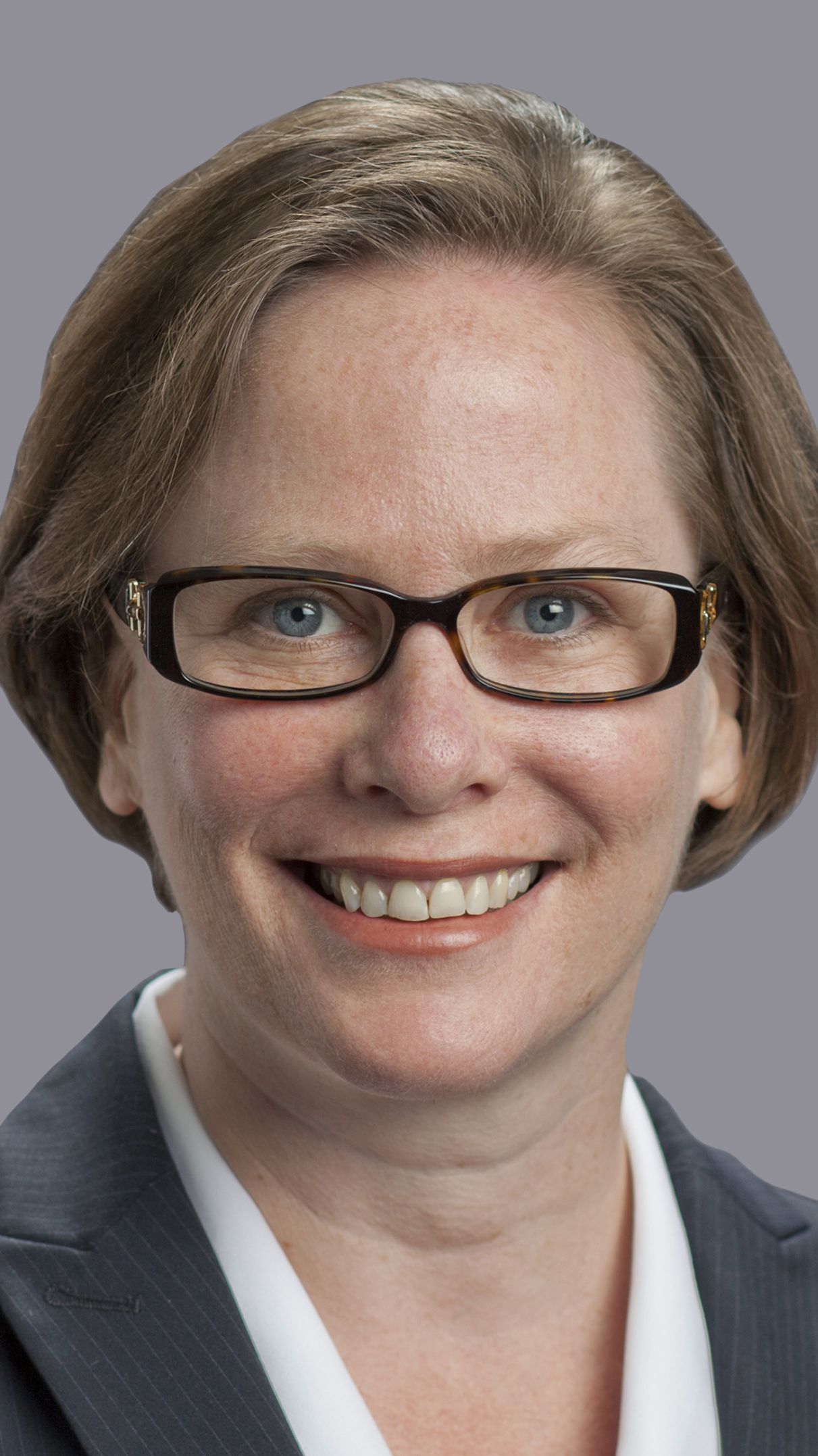Apple vs Samsung trial: a patent attorney weighs in
Linda Kennedy says both could get what they want

Patent attorney Linda Kennedy has seen her fair share of patent trials, though never one at the magnitude of Apple vs. Samsung. To be fair, no one has.
Kennedy, a shareholder at the Detroit-based Butzel Long P.C. law firm, has represented clients dealing in intellectual property cases, copyright law and trade secret litigation for products ranging from industrial polymers to cosmetics.
In a case with billions of dollars at stake, verdict-deciding evidence exclusions, and a jury tasked with filtering complex issues and 109 pages of instructions, we had a few questions for the counselor.
Kennedy was kind enough to breakdown the biggest patent trial in history, telling us why a jury's the best mechanism to decide a fair verdict, who's going to win and why no one stays on top forever.
TechRadar: Is there anything particularly unique about this patent case that makes it stand out?
Linda Kennedy: It's unusual for patent cases to get this much press. That has to do with the fact that it hits where people live - most people have one or the other of the phones [iPhone, Galaxy S, etc.] at issue.
The other thing that's interesting is the evidentiary rulings. Samsung's lawyers would certainly say the exclusion of certain evidence will have an impact on the outcome.
TR: What evidence are you referring to?
LK: There was a suppression of alleged prior art [an iPhone prototype inspired by Sony designs] that was not allowed. Usually excluded evidence is one of pages and pages, so it doesn't seem like the end of the world when it's taken out. But in this case it may be key to the ruling.
Get daily insight, inspiration and deals in your inbox
Sign up for breaking news, reviews, opinion, top tech deals, and more.
TR: This case is full of complex issues and the stakes are high. Plus, the jury's got hundreds of questions to answer and instructions to follow. I wouldn't even know where to start.
LK: Not only would most people not know where to start, they wouldn't even be interested.
All patent cases can be heard by a jury. The issues seem esoteric but they involve people. Juries are very good at assessing who's telling the truth, who's leveling with them and at accessing the credibility of witnesses.
Juries use their common sense, too. The question becomes, 'Does the story that party A is telling me make sense or does party B make sense?'
It really is a jury of peers, even if it seems as if those peers should be PhDs, but a jury of peers is the best way to reach the right result.
TR: How long do you expect it will take to reach a verdict?
LK: That's hard to say. The real trick for the jury will be to sort through the evidence and to figure out factually what happened and to follow the rules that've been laid out for them.
They have to come out with a result and put their emotions to the side. Depending on the group dynamic, they'll probably reach a verdict in the next several days.
TR: Could we expect a verdict sometime next week?
LK: It's interesting because we're coming up on a Friday. Are nine human beings going to sign up for that much time with each other?
It depends on the level of consensus in the group and if there's a certain amount of confusion. If it goes on for several days, then we know there's a level of meaningful descent going on.
The good news for the jurors is that their obligation is almost up. It must be fun in a way. They have to sense they're on to something big and important and are going to want to do what's right.
TR: Who do you think is going to win?
LK: It's hard to say exactly without having seen all the evidence myself, but both parties could win since they're asserting different rights against each other. It's hard to access what exactly will come from this, but we know it will be significant.

TR: What affect will the outcome, no matter what, have on the tech industry?
LK: This case has become so aggressive, the next round of innovators may seek to do a deeper study of what patents are out there before they producing to avoid future lawsuits.
Michelle was previously a news editor at TechRadar, leading consumer tech news and reviews. Michelle is now a Content Strategist at Facebook. A versatile, highly effective content writer and skilled editor with a keen eye for detail, Michelle is a collaborative problem solver and covered everything from smartwatches and microprocessors to VR and self-driving cars.
